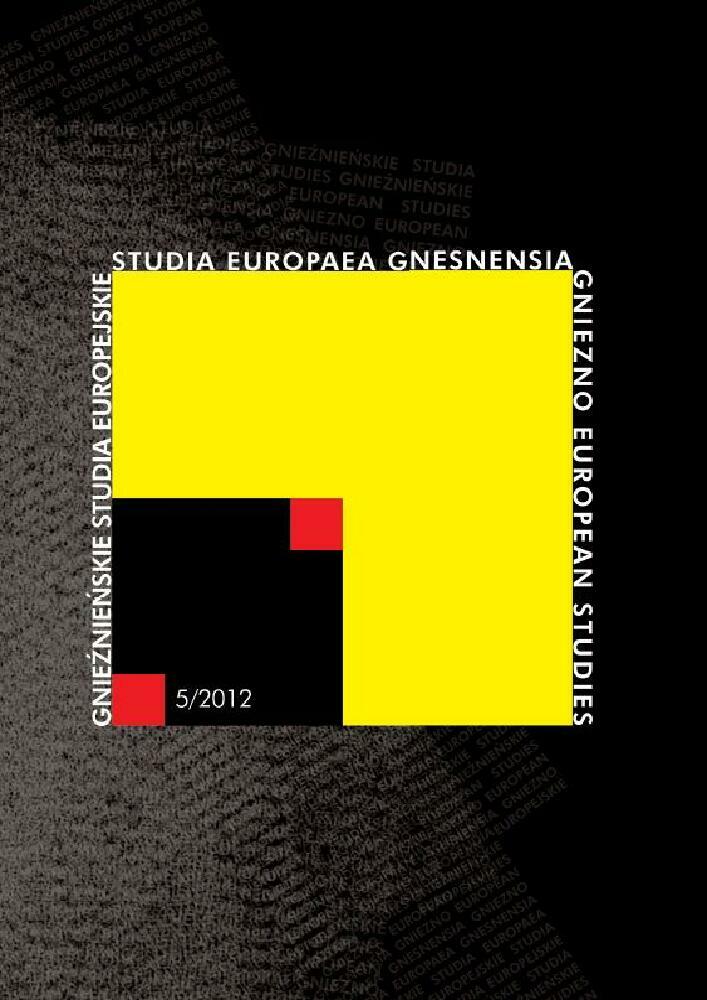Abstrakt
So far, the issue of recognition and legitimacy of king Stanislaus August on an international scene has not aroused any particular interest among Polish scholars. The aim of the author is to present the singular role which the children of the late king August III played in the matter of recognition of the new king elect by the courts of the so-called southern arrangement in 1764-1766. The period of the first two years of Stanislaus August’s reign was of paramount importance to the new king, since at the time he still enjoyed a relative freedom with regard to his Russian patroness, tsaritsa Catherine II. The new monarch devoted the time immediately following the election to the efforts to have his majesty recognized and then perhaps to form an alliance, even by marriage, with one of the Western states (France in particular), in order to consolidate his invariably weak position within the Republic itself, as well as his standing on the international scene with respect to Russia. Unfortunately, the countries opposing Russia and Prussia, belonging to arrangement which received the denomination of “southern” after the 7 Years War, namely France, Austria and Spain, recalled their representatives from Poland shortly before the election of Stanislaus August, thereby demonstrating their stand on the person of the new king, in whom they saw a Russian puppet. Moreover, thanks to the efforts of Marie Josephine of Saxony, daughter of the late king August III, sister of a new candidate to the throne and the Dauphine at the court of Versailles, it was decided that the recognition of the power of the new king should be withheld, until Saxon interests in Poland had not been properly secured, and until the Saxon supporters had not regained their former positions and properties. From the victorious election of Stanislaus August in September 1764, the losing French candidate, and at the same time a brother of Marie Josephine, crown prince Francis Xavier of Saxony, kept the family resolved not to accept envoys from the new king and not to enter any talks with him until the conditions set by the Saxon family had not been met. Thus, Saxony efficiently obstructed the recognition of Stanislas August by allied states, France, Austria and Spain, until October 1965 when the act of mutual renouncement of all financial claims on the part of Poland and Saxony had been signed and appropriate pensions and appanages voted by the Polish parliament for princes Francis Xavier and Charles of Kurland. Once the Saxon demands had been satisfied, Louis XV, Marie Therese and Charles III took the decision to recognise the majesty of Stanislaus August in early 1766.
Bibliografia
Butterwick R., Stanisław August a kultura angielska [Stanislas-Auguste et la culture anglaise], Warszawa 2000, p. 144–145.
Dembiński B., Stanislas-Auguste Poniatowski et ses relations intellectuelles avec l’étranger, Warszawa 1933.
Dyplomacja polska w latach 1764–1795 [Diplomatie polonaise dans les années 1764–1795], [dans:] Historia dyplomacji polskiej [Histoire de la diplomatie polonaise], II, Warszawa 1982.
Fabre J., Stanislas-Auguste Poniatowski et l’Europe des Lumieres. Etude de cosmopolitisme, Strasbourg 1985.
Gawerski A., Stanisław August Poniatowski w Paryżu [Stanislas-Auguste Poniatowski a Paris], [dans:] A. Mączak (dir.), Francja — Polska XVIII–XIX w. Studia z dziejów kultury i polityki poświęcone Profesorowi Andrzejowi Zamorskiemu w sześćdziesiątą rocznicę urodzin [France — Pologne XVIIIe–XIXe siecles. Les études culturelles et politiques consacrées au Monsieur le Professeur Andrzej Zahorski dans le soixantieme annivairsaire], Warszawa 1983.
La Dauphine au prince Xavier, le 28 mai 1764, BPP 74/3, p. 489.
La Dauphine au prince Xavier, le 9 juin 1764, BPP 74/3, p. 493.
Le prince a la Dauphine, le 13 juin 1764, BPP 77/1, p. 133.
Le prince a la Dauphine, le 24 juin 1764, BPP 77/1, p. 137.
Le prince Xavier a Frédéric II, le roi de Prusse, sans date, BPP 77/4, p. 449.
Le prince Xavier a la Dauphine, le 19 mai 1764, BPP 77/1, p. 125.
Le prince Xavier a la Dauphine, le 7 janvier 1764, BPP 77/1, p. 93–94.
Mackiewicz S., Stanisław August [Stanislas-Auguste], Warszawa 1991.
Michalski J., Stanisław August Poniatowski [Stanislas-Auguste Poniatowski], Warszawa 2009.
Palewski J-P., Stanislas-Auguste Poniatowski. Dernier roi de Pologne, Paris 1946.
Pasteur C., Le roi et le prince. Les Poniatowski (1732–1812), Paris 1976.
Polska — Francja. Dziesięć wieków związków politycznych, kulturalnych i gospodarczych, A. Tomczak (dir.), Pologne — France. Dix siecles de relations politiques, culturelles et économiques], Warszawa 1988, p. 123.
Przezdziecki R., Diplomatie et protocole a la cour de Pologne, II, Paris 1937.
Rostworowski E., Ostatni król Rzeczypospolitej. Geneza i upadek Konstytucji 3 Maja [Le dernier roi de Pologne. La genese et la chute de la Constitution du 3 Mai], Warszawa 1966.
Stryienski C., Marie-Josephe de Saxe et la cour de Louis XV, Paris 1902, p. 59–71.
Zahorski A., Stanisław August — polityk [Stanislas-Auguste — politicien], Warszawa 1966.
Zamoyski A., Ostatni król Polski [Le dernier roi de Pologne], Warszawa 1994.
Zienkowska K., Stanisław August Poniatowski [Stanislas-Auguste Poniatowski], Wrocław 1998.
Licencja
Copyright © 2012 by IKE and PTPN
